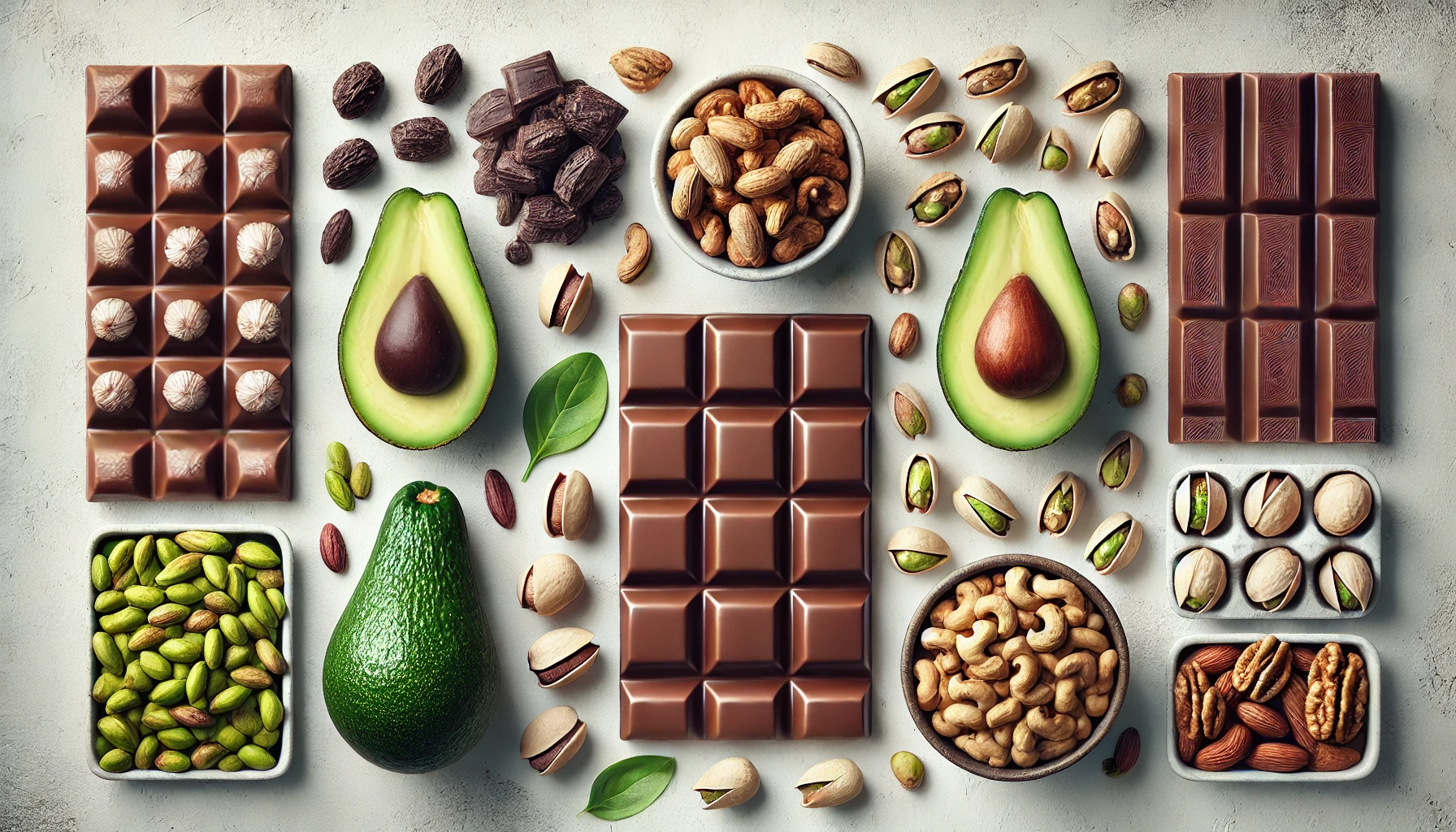This post was written with Consensus AI Academic Search Engine – please read our Disclaimer at the end of this article. Lowering LDL cholesterol is crucial for reducing the risk of cardiovascular diseases. Various dietary interventions have been studied to determine their effectiveness in lowering LDL cholesterol levels. This article explores several foods and dietary components that have been shown to help reduce LDL cholesterol.
Plant Sterols and Stanols
Plant sterols and stanols are naturally occurring substances found in small amounts in many fruits, vegetables, nuts, seeds, cereals, legumes, and vegetable oils. They have a structure similar to cholesterol and can help block the absorption of cholesterol in the intestines.
Effectiveness of Plant Sterols and Stanols
Studies have shown that plant sterols and stanols can significantly reduce LDL cholesterol levels. For instance, a study demonstrated that unesterified plant sterols and stanols lowered LDL cholesterol concentrations by 11.3% and 13.4%, respectively, compared to a control group6. Another study found that daily consumption of low-fat fermented milk enriched with plant sterols reduced LDL cholesterol by 9.5% after three weeks4.
Beta-Glucan
Beta-glucan is a type of soluble fiber found in oats, barley, and other whole grains. It has been shown to lower LDL cholesterol by forming a gel in the intestines that binds to cholesterol-rich bile acids and removes them from the body.
Beta-Glucan in Different Forms
The effectiveness of beta-glucan in lowering LDL cholesterol can depend on its molecular weight and the form in which it is consumed. A study found that high-molecular-weight beta-glucan from oats significantly reduced LDL cholesterol by 5.5%3. Another study showed that beta-glucan incorporated into a fruit drink lowered LDL cholesterol by 7.7%7.
Soy Protein
Soy protein is another dietary component that has been shown to help lower LDL cholesterol. It is found in soybeans and soy products such as tofu, soy milk, and soy burgers.
Soy Protein and LDL Cholesterol
A study comparing a diet high in soy protein, plant sterols, almonds, and viscous fibers to a statin diet found that the dietary portfolio reduced LDL cholesterol by 29.6%, which was comparable to the 33.3% reduction achieved with the statin1. This suggests that soy protein, when combined with other cholesterol-lowering foods, can be highly effective.
Nuts
Nuts, particularly almonds, have been shown to lower LDL cholesterol levels. They are rich in unsaturated fats, fiber, and plant sterols, which contribute to their cholesterol-lowering effects.
Almonds and LDL Cholesterol
In the same study that examined the dietary portfolio, almonds were a key component. The combination of almonds with other cholesterol-lowering foods resulted in a significant reduction in LDL cholesterol1.
Phytosterol-Enriched Foods
Phytosterols are plant-derived compounds that resemble cholesterol and can help reduce its absorption in the intestines. They are often added to foods such as margarine, yogurt, and bread.
Phytosterol-Enriched Bread
A study found that bread enriched with phytosterols significantly lowered total cholesterol by 7.6% and LDL cholesterol by 10.6% compared to a placebo group8. This indicates that phytosterol-enriched foods can be a convenient and effective way to lower LDL cholesterol.
Beans
Beans are high in soluble fiber, which can help lower LDL cholesterol. They are also a good source of protein and other nutrients.
Canned Beans and LDL Cholesterol
A study showed that consuming one cup of canned beans daily reduced LDL cholesterol by 8.08% compared to a control group9. This suggests that beans can be a practical and effective dietary option for lowering LDL cholesterol.
Conclusion
Incorporating foods such as plant sterols and stanols, beta-glucan, soy protein, nuts, phytosterol-enriched foods, and beans into your diet can significantly help lower LDL cholesterol levels. These dietary interventions offer a natural and effective way to manage cholesterol and reduce the risk of cardiovascular diseases.
Disclaimer
The content presented in this blog is generated by Consensus, an AI-powered academic search engine, and is based on publicly available scientific literature. While every effort is made to provide accurate, up-to-date, and well-researched information, the content is intended for informational and educational purposes only. It does not constitute medical advice, diagnosis, or treatment. Always consult a qualified healthcare professional before making any decisions regarding medical conditions, treatments, or medications. The AI system’s analysis may not cover all perspectives, emerging research, or individual cases, and it is not a substitute for professional expertise. Neither the blog publisher nor the developers of the AI-powered search engine are responsible for any actions taken based on the information provided in this content. Use of this information is at your own risk. Citations to the original scientific studies are included for reference, but these studies should be reviewed in full and interpreted with the guidance of a healthcare or research professional.
If you are experiencing a medical emergency, please seek immediate attention from a healthcare provider.
